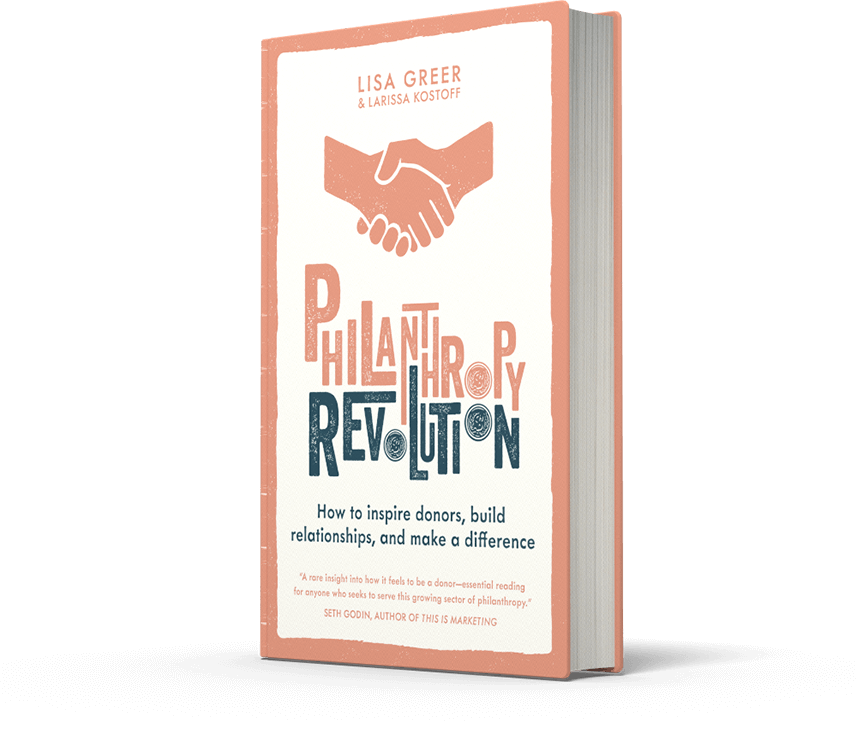In “Philanthropy Revolution,” Lisa Greer offers a thought-provoking critique of the traditional philanthropic landscape and proposes a bold new direction for achieving effective social change. Greer’s main argument is that the existing model, often marked by isolated initiatives and a focus on quick fixes, is fundamentally flawed. She argues that this approach neglects the underlying causes of social issues, ultimately perpetuating the very problems it aims to resolve.
Greer calls for a shift towards a more strategic, collaborative, and data-informed approach to philanthropy. She imagines a future where philanthropy transcends mere charity and becomes a powerful driver of systemic change. This vision is grounded in three key principles: collaboration, data-driven decision-making, and an emphasis on long-term impact.
She also champions the use of data and evidence to inform philanthropic decision-making. Lisa contends that philanthropists should adopt a more rigorous approach to evaluating the effectiveness of their interventions, using data to track progress, identify areas for improvement, and ensure accountability. This emphasis on data-driven decision-making aligns with the growing trend towards “impact investing,” where social and environmental impact is considered alongside financial return.
Finally, Greer stresses the importance of a long-term perspective. She argues that philanthropy should not be content with merely alleviating symptoms but should strive to address the underlying causes of social problems. This requires a shift away from short-term, project-based funding towards a more sustainable model that supports long-term capacity building and systemic change.
Philanthropy Revolution” goes beyond merely critiquing the current state of affairs; it serves as a guide for ushering in a new era of philanthropy. Greer’s vision is both bold and practical, providing clear strategies for philanthropists to enhance their impact and foster a more just and equitable society.

Greer’s book urges everyone who believes in philanthropy’s potential to effect social change to take action. It is essential reading for philanthropists, nonprofit leaders, policymakers, and anyone eager to make a meaningful difference in the world. In a time when we face intricate social and environmental issues, “Philanthropy Revolution” shines a light of hope, showing that a more effective and impactful approach to philanthropy is not just achievable but necessary.
Key Takeaways
- Transparency and Authenticity Are Crucial – Greer argues that many philanthropic organizations operate with a lack of transparency, leading to donor distrust and disengagement. She emphasizes the need for clear communication about how funds are used and the impact they generate.
- Donors Want to Be Partners, Not Just Wallets – Instead of treating donors as mere financial contributors, nonprofits should build meaningful relationships with them. Engaging donors in decision-making and program development fosters long-term commitment and trust.
- Outdated Fundraising Practices Must Change – Greer critiques the reliance on rigid, bureaucratic fundraising structures that often alienate donors. She encourages nonprofits to modernize their approaches, embracing more flexible and inclusive fundraising methods.
- Diversity in Philanthropy Is Essential – The book underscores the importance of diverse perspectives in decision-making. Greer calls for inclusivity in leadership, ensuring that philanthropy is representative of the communities it seeks to serve.
- Impact Over Ego – Philanthropy should focus on real, measurable impact rather than personal recognition or extravagant galas. Greer challenges the sector to rethink its priorities, putting mission-driven work ahead of prestige.
Luyanda is a digital marketing & SEO professional. She is a part of the Minority Business Review digital marketing team. She is a Boston Media House Graduate who obtained a Diploma in Media Practice majoring in Digital Marketing.


